I’ve lost count of the number of water science experiments we’ve done over the years. Water is pretty amazing. Did you know it is the only natural substance to exist in three physical states at temperatures naturally occurring on Earth?
Facts about Water
- Water covers about 70% of the surface of the Earth.
- Water expands when it freezes.
- We need water to survive.
- Water expands when it freezes.
- Water can move upwards!!
Water has lots of properties that make it just brilliant for simple science investigations!
Water Science Experiments and Investigations
Freezing and Melting Investigations
Freezing and melting investigations are always fun. For younger children, let them play with ice cubes while they melt. You can freeze small toys inside to make this a bit more exciting.
We had great fun with our LEGO ice excavations recently, but you can also freeze superheroes, bugs or anything else that might spark an extra interest.
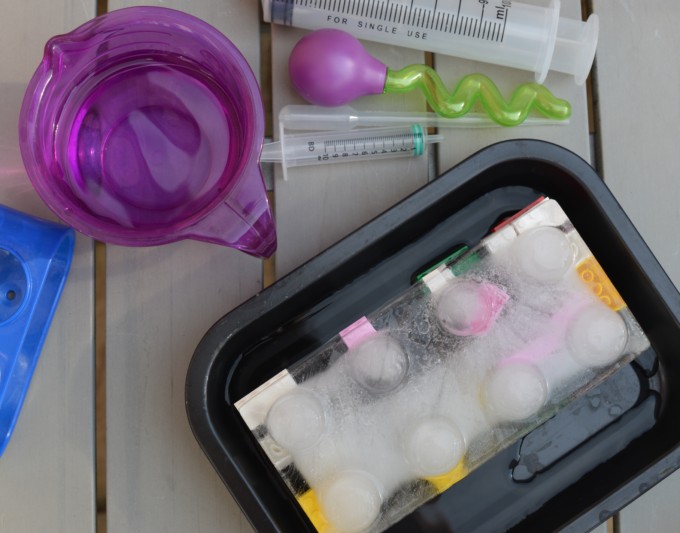
Just getting the child to recognise that the ice is cold and how that feels on their fingers is a great sensory experience. Remember to let the ice melt a little first, as ice can be sticky when first removed from a freezer.
Water Cycle Experiments
Make a mini water cycle or a water cycle in a bag. These are great science activities for older children and help explain a tricky concept.
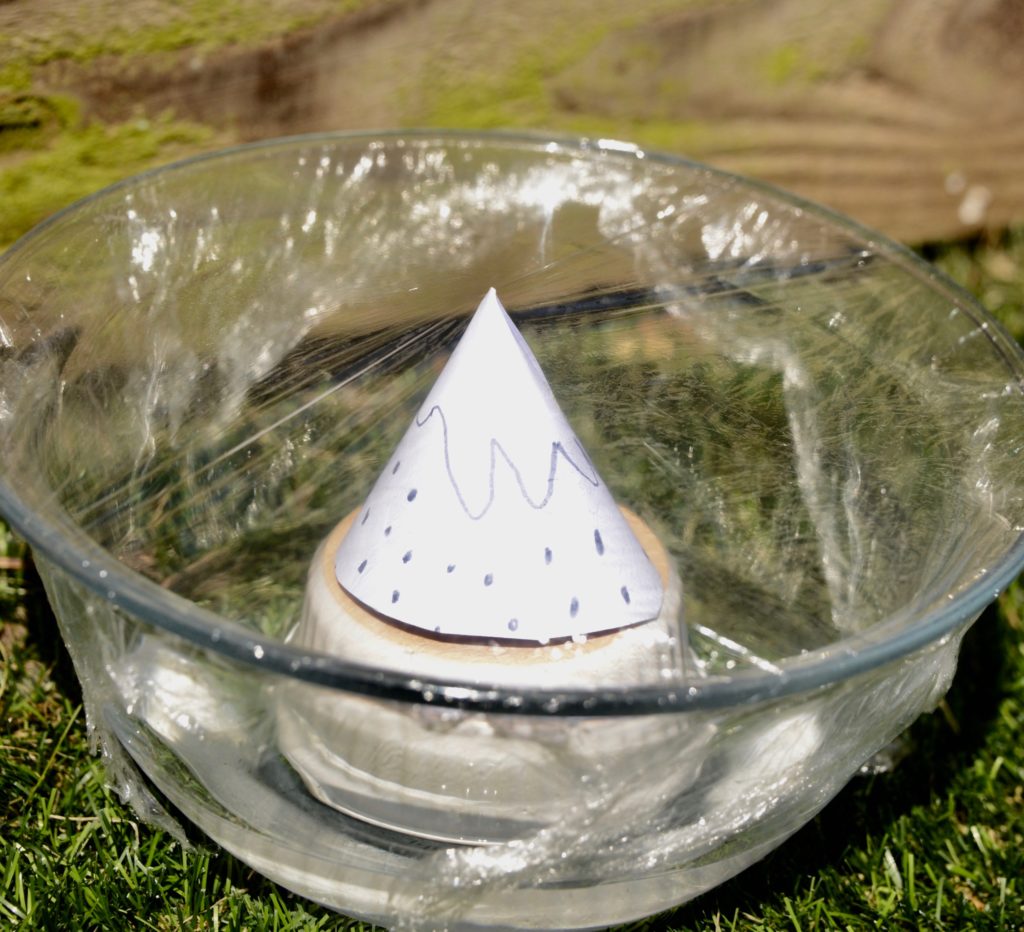
Water and Density
Density is a tough concept to grasp, but hopefully, this density science trick is interesting and simple enough to help it all make sense. Salt increases the density of water, so the coloured salty water doesn’t mix with the less dense water on top!
Density jars are also great fun. Children can try and find different small objects to float on the layers. These can be very simple and just contain water and oil, or children can experiment with layers of washing up liquid (dish soap ), treacle, honey and other non-toxic liquids.
Transport of Water in Plants
Learn about transpiration and make some pretty coloured flowers. I love this activity. If it works well, you can see the path the water takes to reach the edge of the petals.
Sinking and Floating Experiments
How about some simple sinking and floating experiments? This is great for young children, who love to watch objects sink and float. Older children can make a plasticine boat and discover whether an item that previously sank can float in the boat. Or, try and predict which objects will sink and which will float.
Did you know you can use a bit of clever density science to make an egg float?
Children can also make a lemon sink if they understand why it floats in the first place!
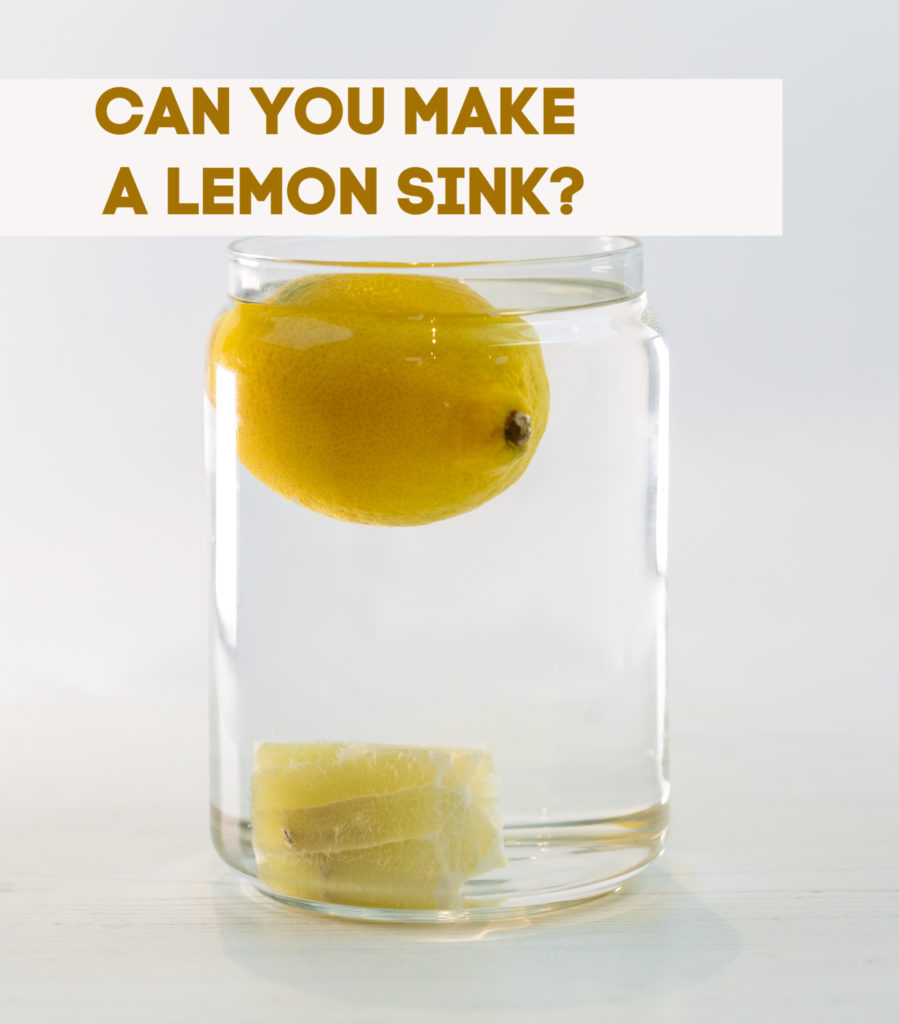
Oil and Water Experiments
Find out why oil and water don’t mix. We’ve also demonstrated this using coloured water and pipettes, which was brilliant fun.
Osmosis Experiments
Learn about osmosis ( water passing through a semi-permeable membrane ) using eggs. The term osmosis might sound complicated, but this egg demonstration makes it more understandable, and don’t worry if your children don’t understand straight away or are too young. It’s still fun to watch the eggs expand and then shrink.
Absorbing Water
How about exploring absorption using sugar cubes? The fact that you can watch the water rise up the cube is brilliant and appeals to children of all ages.
A walking water investigation is another excellent way to learn about how water is absorbed by different materials.
Water Powered Rocket
Learn about air pressure with this very cool water-powered bottle rocket.
Filtering Water
Discover how to clean water with this easy filtering activity using paper towels or using sand and stones.
Another idea is to investigate how to clean up water after an oil spill.
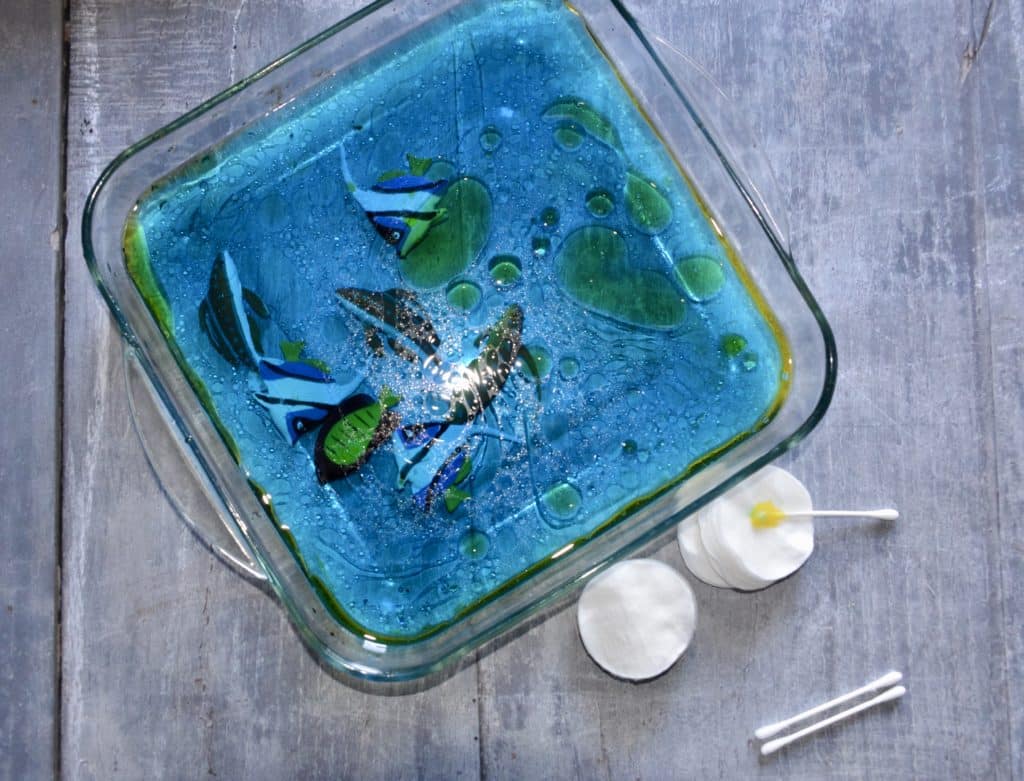
Is it waterproof
Investigate which materials are waterproof by using them as a roof for a LEGO house and investigating whether they keep the floor dry.
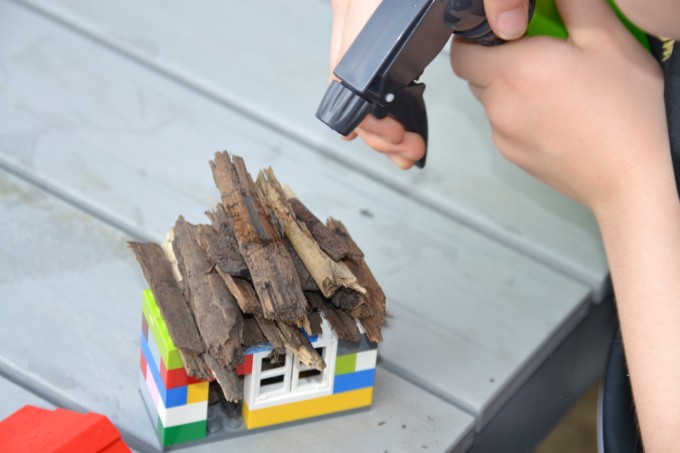
Dissolving in Water
Predict and test which substances will dissolve in water.
Do you have any more water science experiment ideas for us?
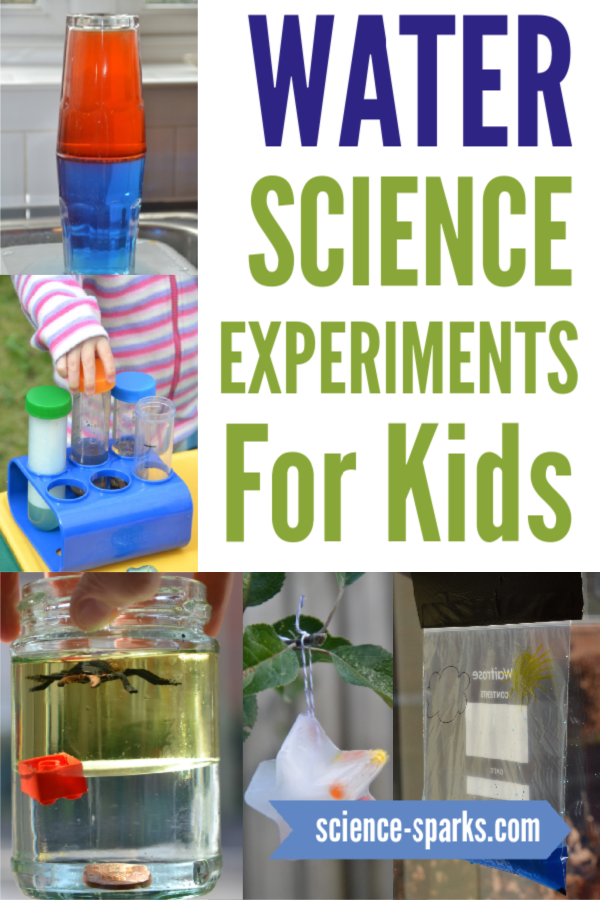
More Science for Kids
Try my fun science tricks or easy Fairy Tale STEM challenges!
If you enjoyed these experiments, don’t forget to check out the rest of my 100s of other science experiments for kids, too!
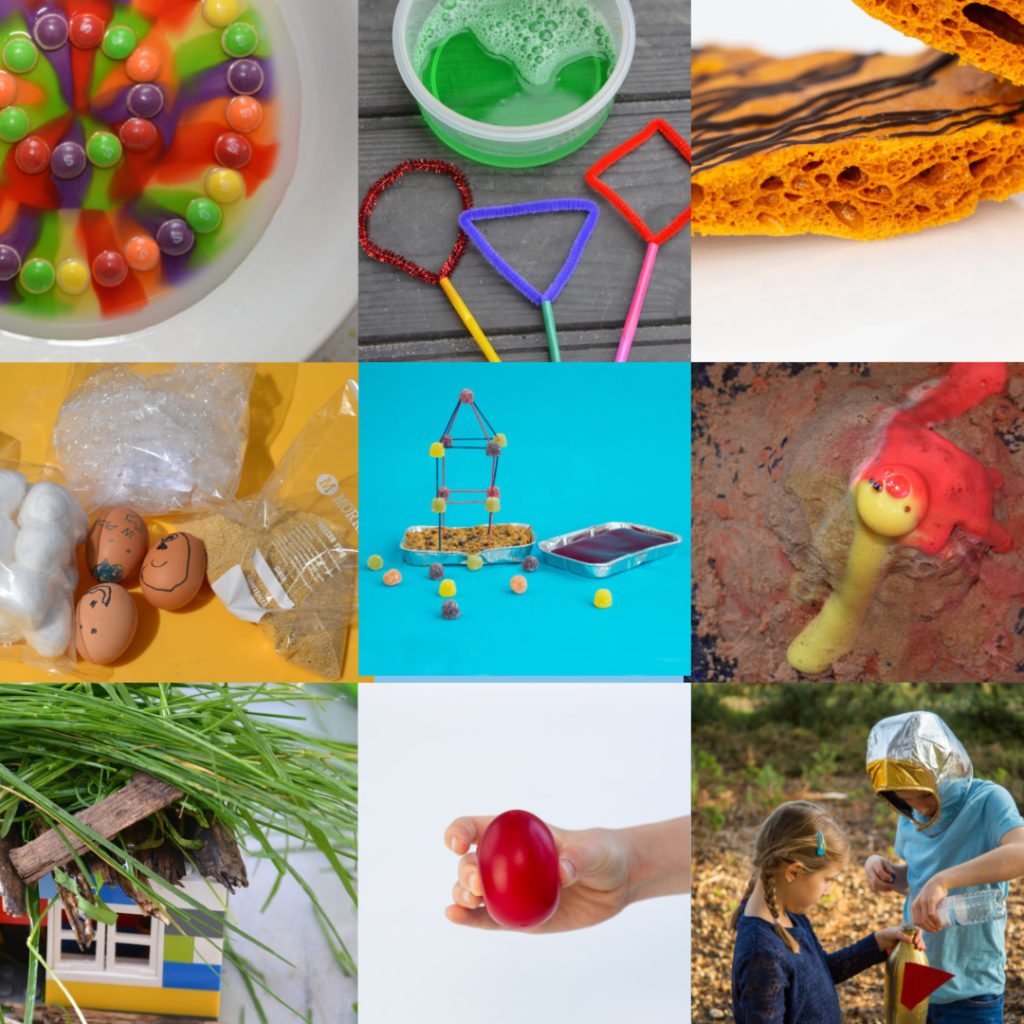
Last Updated on March 22, 2024 by Emma Vanstone


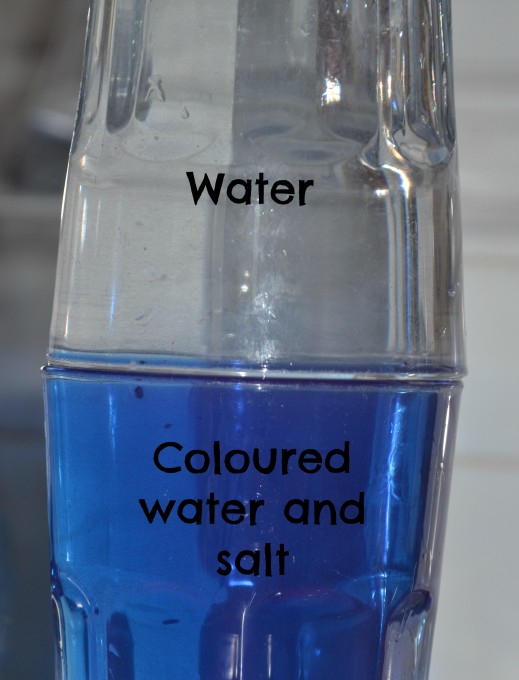
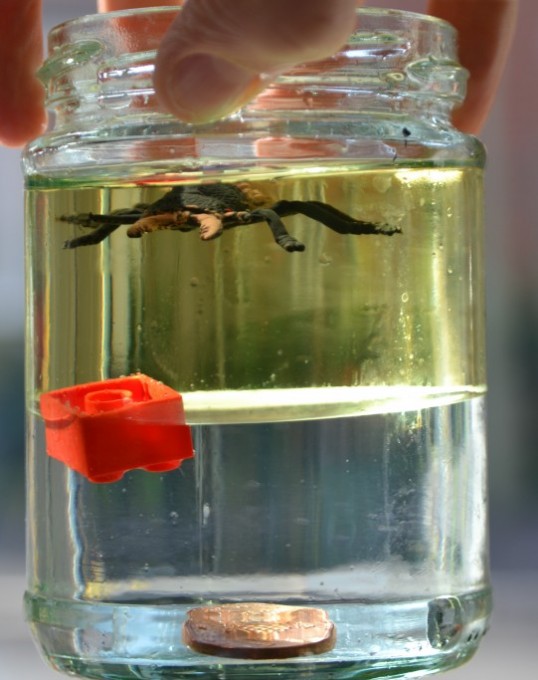
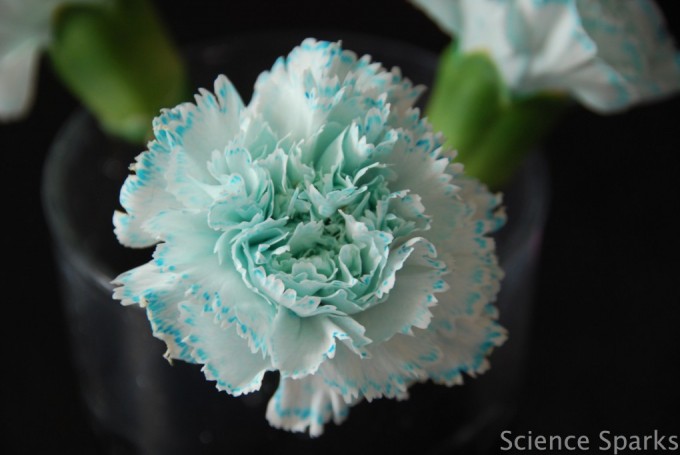
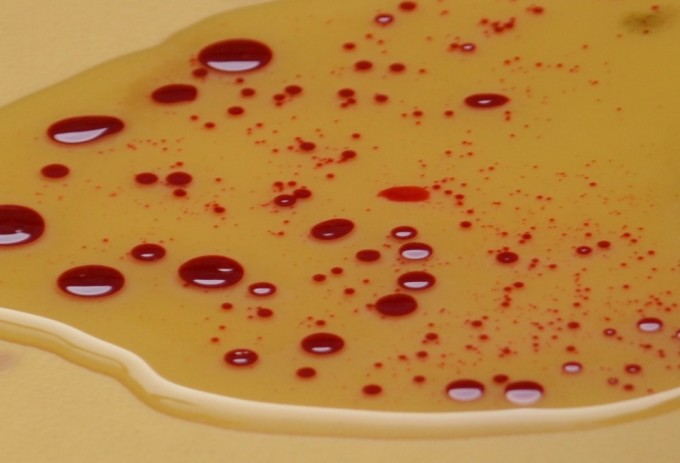
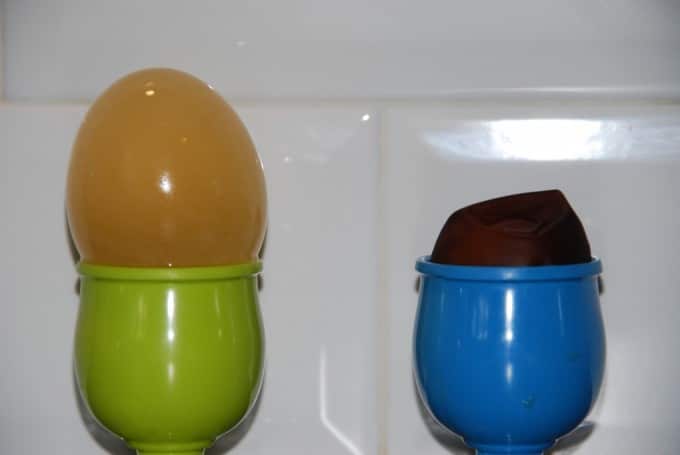

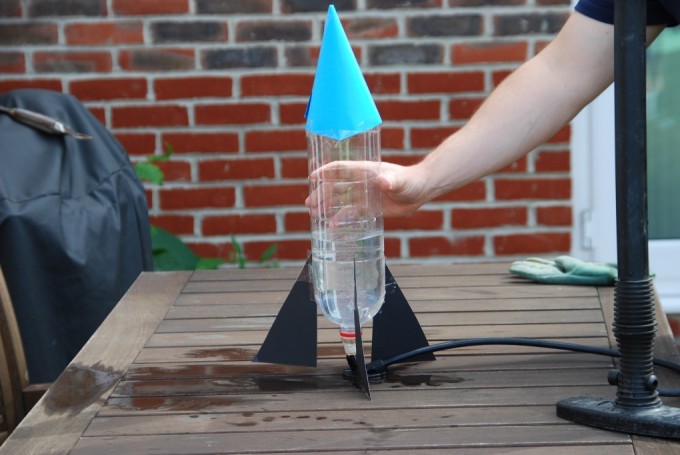
I love, love, love the density science experiment. I couldn’t believe so as soon as I finished reading this, I tried it and it worked! Besides being proud of myself cause it was so awesome, it was cheap too, thank God for water glasses!
Thank you so much for sharing this. God bless!
Oh wow – such a lot of useful ideas for me to take to FS2 next week. Thank you!